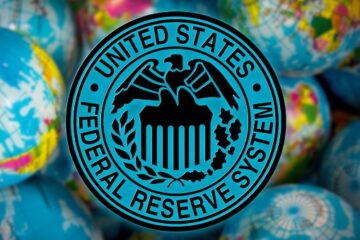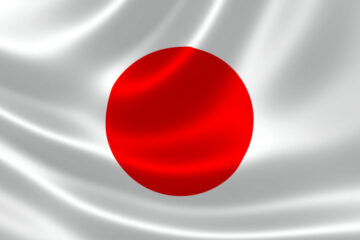The US jobs market has taken another hit because of newly enacted tariffs. The toymaker Hasbro, one of the largest U.S. toy companies, has announced it will lay off 150 workers in a cost-cutting move designed to offset some of the bite associated with increased import costs.
Hasbro’s decision continues an alarming layoff trend. So far this year, over 696,000 people have been laid off through May, up 80% from last year.
The move is the latest by Hasbro to keep its business in the black amid a host of challenges associated with tariffs impact on its bottom line.
Hasbro is laying off workers as part of a restructuring to offset cost increases due to tariffs.
TheStreet/Hasbro
Tariffs start to impact businesses
Many companies pulled some imports forward this year to avoid President Trump’s tariff announcements. Still, that inventory is expected to have been mostly sold to customers soon, increasing the likelihood of layoffs and price increases.
The President enacted 25% tariffs on Canada and Mexico in February, but the tariffs placed on China have dealt the biggest blow to the toy industry in 2025.
Related: Google delivers a harsh message to loyal employees
In February, a 10% tariff was imposed on Chinese imports, which increased to 20% in March. In April, an additional 34% tariff was levied on China, kickstarting a trade war that, at its peak, lifted US-China tariffs to 145% and China tariffs on US goods to 125%; essentially shutting down trade between the two countries.
In May, the tit-for-tat tariff tussle de-escalated to allow for trade negotiations. However, 30% tariffs remain on China, and coupled with tariffs enacted during Donald Trump’s first term, Chinese tariffs exceed 50%.
The tariffs will likely push costs higher on many items, given that the US has increasingly turned to low-cost China as a source of goods since China’s admission into the World Trade Organization in 2001.
Many industries, from clothing to car parts and electronics, have been hard hit, but toymakers are among those businesses that have suffered the most significant blow.
According to S&P Global, Mattel and Hasbro source 50% and 40% of their toys from mainland China, despite moves in recent years to shift production elsewhere.
Unsurprisingly, Hasbro discussed the impact of tariffs during their recent first-quarter earnings conference calls with shareholders.
Related: Walmart makes surprise cuts as it looks at tariff price hikes
“Ultimately, tariffs translate into higher consumer prices, potential job losses as we adjust to absorb increased costs and reduced profits for our shareholders,” said Hasbro CEO Chris Cocks in April.
Hasbro seeks to reduce tariffs hit to bottom line
S&P Global doesn’t expect the toy industry to grow this year, so demand isn’t likely to insulate Hasbro from the hit to its profit margin delivered by tariffs.
Most companies have said that mitigating higher import taxes will require three major moves: supplier concessions, higher customer prices, and lower profitability.
Related: Procter & Gamble sends stern warning to employees as sales slip
In Q1, Hasbro said tariff impacts would range between $100 million and $300 million in 2025, with most of the effects felt during the final two quarters of 2025. After accounting for efforts to offset tariffs, Hasbro expects them to ding profits by $60 million to $180 million.
Hasbro plans to shave $1 billion in costs over the next few years, including via job cuts. Since 2023, Hasbro has reduced its headcount by 1,900 workers.
The latest round of cuts involves 150 workers, or roughly 3% of Hasbro’s employees.
However, the job losses aren’t likely to fully absorb the tariffs hit.
“Targeted pricing actions remain likely,” said CEO Chris Cocks on Hasbro’s conference call. ”Even with Hasbro’s relative strength and flexibility, logistics are becoming more complex…Ultimately, tariffs translate into higher consumer prices, potential job losses as we adjust to absorb increased costs and reduced profits for our shareholders.”
The layoff decision comes after Hasbro’s consumer products revenue decreased 4% year over year to $398 million in the first quarter. The segment’s adjusted operating loss totaled $31 million during the quarter.
Among the bright spots helping Hasbro navigate the challenges are Magic: The Gathering, which saw sales soar 45% year over year in the quarter, and digital games.
Most of Hasbro’s Wizards products are produced in North Carolina and Texas, with the remainder from Kyoto, Japan. Monopoly Go! strength helped its Digital Gaming segment grow 56% in Q1.
Net revenue in the first quarter was $887 million, up 17% from the prior year, while adjusted earnings per diluted share rose 70% to $1.04.


